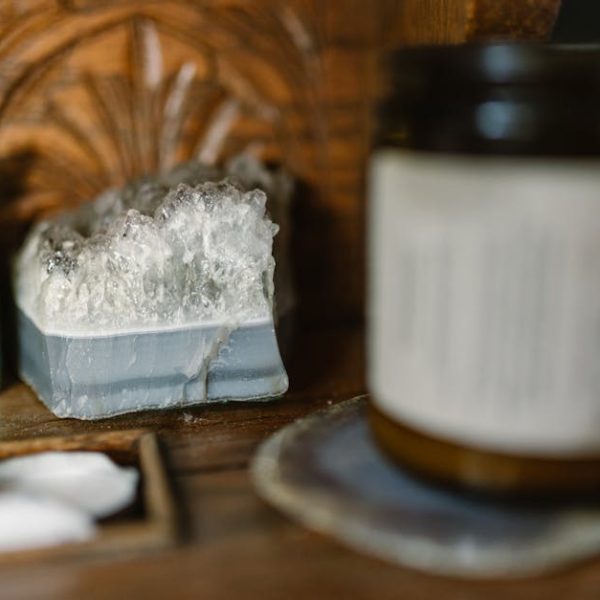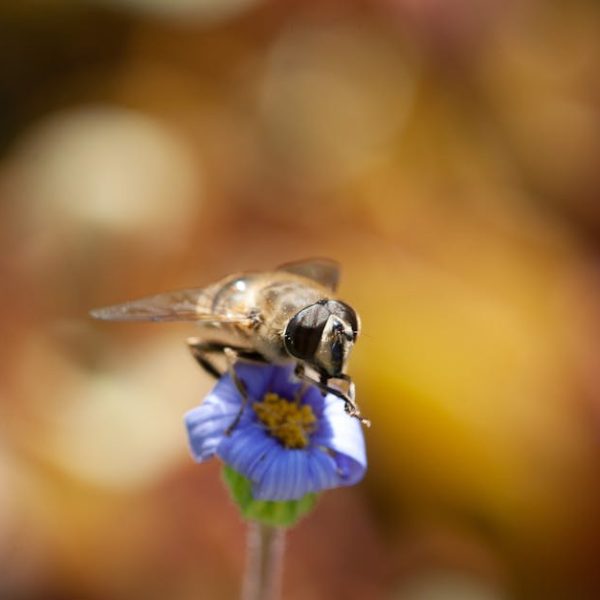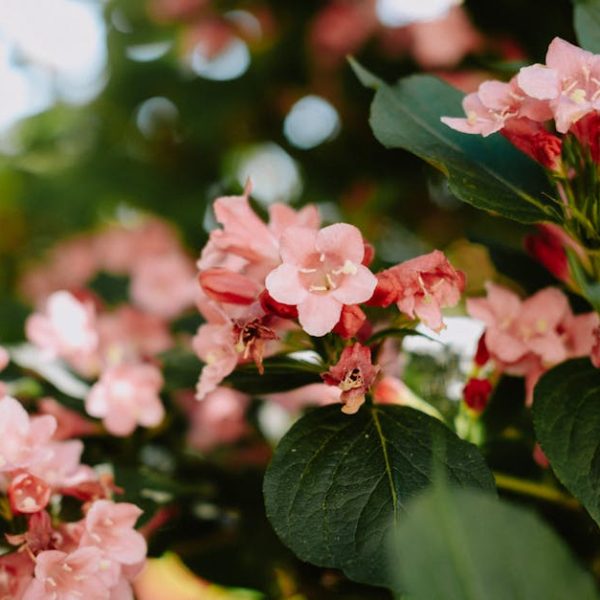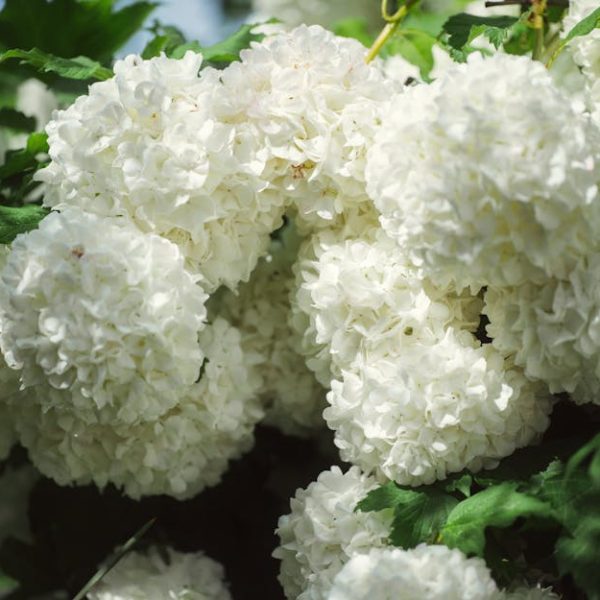Buzzing in your ears, intrusive biting, potential disease carriers—mosquitoes pose more than just a minor nuisance. Reducing the unwanted presence of these pests without resorting to commercially manufactured, chemical-laden repellents initially might seem like a daunting task; but thanks to the power of nature, and a touch of DIY ingenuity, creating natural and effective mosquito repellents can be simple, satisfying, and safe.
Understanding the Importance of Natural Mosquito Repellents
In recent years, growing concerns have emerged around the prevalent use of chemical-based mosquito repellents. Notable among these issues are the potential health risks. A chemical commonly found in many repellents, DEET, has been linked with side effects ranging from skin irritations, rashes, to more severe neurological impacts. Our health isn’t the only thing at risk—these artificial repellents often disrupt local ecosystems, contaminating water sources and endangering non-targeted species.
Beyond just retaining our health, choosing a natural mosquito repellent contributes positively towards a more sustainable environment. Ditching the chemical-laden options for our households, gardens, and outdoor events can serve as a small but crucial part of environmental stewardship.
🔶 Pro-tip: Homemade, natural mosquito repellents not only help you avoid questionable chemicals but can also be a cost-effective and greener alternative to conventional products.
Natural DIY Mosquito Repellent: Key Ingredients
Creating your own mosquito repellent might sound complicated, but you may be surprised at how easy it can be with the right ingredients. Essential oils derived from various plants are particularly potent due to their incense and mosquito insects. Among the essential oils, Lemongrass, Geranium, Citronella, Eucalyptus, and Lavender are markedly effective against mosquitoes, serving as the heart of many DIY repellents.
However, it’s important to ensure you’re using pure, high-quality essential oils. Cheaper, lower-grade oils may be diluted, compromising their efficacy.
Best Practices: Always choose therapeutic grade essential oils for optimum results.
Making the repellent is merely the first step; what follows is the application. This would be detailed under a following subheading.
Making Your Own DIY Mosquito Repellent
The process of preparing your DIY repellent is straightforward. Start by filling a spray bottle about half-way with distilled water. Then, add witch hazel almost up to the top, leaving just enough room for your essential oils. The standard ratio usually being about 10-15 drops of oil per ounce of carrier liquid (water and witch hazel). Shake it up, and voila! You’ve got yourself a homemade, natural mosquito repellent.
Sure, applying your DIY creation directly to your skin like a spray is a common and effective method. However, this is not the only way. You can infuse the mixture into a lotion or even diffuse it.
🔶 Pro-tip: While DIY repellents are natural, they can still cause reactions to sensitive skin. Always do a patch test before full application.
These are just some insights into crafting natural mosquito repellents. In the further segments, we will unveil other potent and versatile methods to deter mosquitoes. From choosing specific plants to devising simple yet robust traps, the journey of crafting a mosquito-free space continues.
Utilizing Natural Plants and Herbs to Ward Off Mosquitoes
Turning to nature is not limited to essential oils – many plants and herbs that reside in our gardens have a natural capability of repelling mosquitoes. Plants such as Marigolds or Citronella, or herbs like Rosemary, are often loathed by mosquitoes due to their strong aroma.
Incorporating these natural deterrents into your garden or outdoor spaces can effortlessly ward off mosquitoes while beautifying the surroundings. However, simply introducing the plants isn’t always enough; strategic positioning and proper care are crucial to maximize their mosquito-repelling abilities.
Best Practices: Try placing these plants around seating areas and entry points to your home for maximum impact. Make sure they get adequate sunlight and water to help them produce the oils that repel mosquitoes.
Implementing DIY Physical Traps and Barriers
Physical barriers and traps are often the unsung heroes in the fight against mosquitoes. These strategies range from the simple—using window screens or door nets—to the more complicated, like creating homemade traps using regular household items.
DIY traps often harness attractants such as carbon dioxide or light to lure mosquitoes. An example of a simple yet effective mosquito trap involves a mix of sugar, yeast, and water in a cut bottle, producing irresistible carbon dioxide.
🔶 Pro-tip: Position your traps strategically! Place them in darker, humid corners and away from the seating areas for better results.
All Things Considered
The art of crafting a living environment devoid of mosquitoes isn’t limited to just one method. It’s about blending homemade repellents, plant allies, and physical barriers into a harmonious strategy that keeps these pesky invaders at bay. While it might take some trial and error, discovering the mix that works best for your specific situation is part of the journey and worth the effort in the long run. Any step towards a natural, harmless way of dealing with mosquitoes is a step towards healthier living and a safer environment. In the fight against mosquitoes—equipped with this knowledge—you have more than a fighting chance!
Key Takeaway:
- The article outlines the health and environmental concerns linked to commercially manufactured mosquito repellents and how homemade, natural alternatives can help mitigate these issues.
- Explains the important role of essential oils in natural repellents and lists ones that are most effective.
- Provides a simple guide on creating DIY natural mosquito repellents and discusses different application methods.
- Highlights how certain plants and herbs can act as natural mosquito deterrents and shares best practices for using them effectively.
- Discusses how physical traps and barriers can be employed to control mosquitoes and gives examples of homemade traps.
The prospect of dealing with mosquitoes naturally should no longer seem daunting. By utilizing the mentioned remedies, one can create a safer and more environmentally friendly surroundings while efficiently keeping these pests at bay. Remember, a touch of creativity paired with a willingness to experiment can bring forth effective solutions to any problem.
FAQs
Q: Why is it important to use therapeutic grade essential oils for homemade repellents?
A: Therapeutic grade essential oils are pure and undiluted, ensuring their potency and efficacy. Lower-grade oils may be diluted and less effective in repelling mosquitoes.
Q: Is it safe to apply homemade mosquito repellents directly to the skin?
A: Yes, but it’s recommended to do a patch test first as the substances might cause reactions on sensitive skin.
Q: How can I ensure that the mosquito-repelling plants are optimally effective?
A: Position these plants near seating areas and home entry points and provide them with adequate sunlight and water.
Q: Can everyday household items be used to create mosquito traps?
A: Yes, you can create effective mosquito traps using regular items like a cut bottle filled with a mix of sugar, yeast, and water.
Q: Can homemade repellents and traps completely eliminate mosquitoes?
A: Homemade solutions may not entirely eradicate mosquitoes but can significantly cut down their numbers and help prevent bites.
We hope this article proves useful in your battle against mosquitoes! For more insightful posts, please explore our site and feel free to share this article with others.






